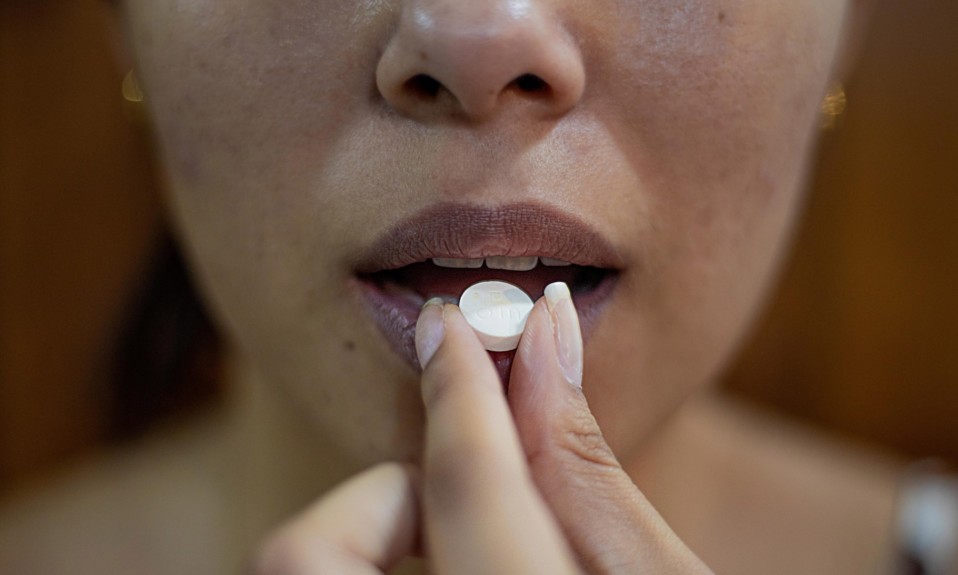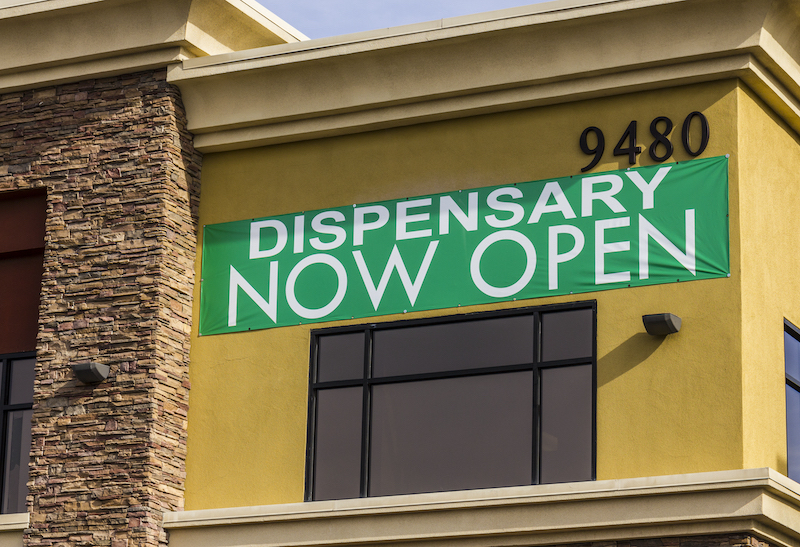Plus: Stimulants, other drugs and booze on college campuses; and the importance of sleep and healthy eating in curbing alcohol use
By William Wagner
It’s the latest twist in America’s overdose crisis: The number of fake prescription pills containing fentanyl and methamphetamine is surging, according to research and drug seizures by the Drug Enforcement Administration (DEA).
Also on our radar this week: the connection between the use of stimulants, alcohol and other drugs among college students, and the roles a healthy diet and good sleeping habits play in maintaining sobriety.
From the DEA:
Fentanyl and Meth Threats Rise to New Levels
The DEA recently issued a rare Public Safety Alert, in this instance about counterfeit prescription pills that are laced with fentanyl and meth. Criminal networks have been producing record numbers of the lethal pills, which are designed to look like medications such as Percocet, Vicodin, Xanax and Adderall. The pills are widely available on social media and e-commerce platforms and, according to the alert, “are killing unsuspecting Americans at an unprecedented rate.”
Counterfeit pills that contain these dangerous and extremely addictive drugs are more lethal and more accessible than ever before.”
—Anne Milgram, DEA
“The United States is facing an unprecedented crisis of overdose deaths fueled by illegally manufactured fentanyl and methamphetamine,” Anne Milgram, administrator of the DEA, said in the alert. “Counterfeit pills that contain these dangerous and extremely addictive drugs are more lethal and more accessible than ever before. … DEA is focusing resources on taking down the violent drug traffickers causing the greatest harm and posing the greatest threat to the safety and health of Americans. … [W]e are alerting the public to this danger so that people have the information they need to protect themselves and their children.”
So far in 2021, the DEA has seized 9.5 million fake pills, more than in the previous two years combined. Furthermore, DEA laboratory tests indicate that there has been a sharp increase in the number of counterfeit prescription pills that contain lethal amounts of fentanyl.
From the Journal of American College Health:
The Link Between Use of Stimulants and Other Drugs
College students who misuse stimulants such as Adderall or Ritalin are more inclined to binge drink (four or five drinks in one sitting) and use other drugs. The finding comes from University of Georgia researchers who analyzed surveys from 604 students regarding their alcohol and drug use over the previous 30 days. The researchers concede, however, that their results might be somewhat skewed, as their sample was weighted heavily toward white and fraternity- and sorority-involved students.
From the Journal of Occupational Medicine and Toxicology:
Good Sleeping Habits, a Healthy Diet Equal Less Drinking
According to scientists from the University of Eastern Finland, the key to a sober lifestyle is surprisingly straightforward: sleep more and eat better. Few previous studies have examined the connection between sleep, eating habits and alcohol consumption, which was part of the reason the Finish team took on the issue. “Obesity, psychological distress, and perception of inadequate sleep are alarmingly common among working-age adults,” the researchers write in the Journal of Occupational Medicine and Toxicology. “As all these factors predispose to negative health outcomes, it is important to examine factors that support health in this high-risk population.”
Sleep, diet and alcohol use play off of one another, the researchers found. “Better nocturnal recovery showed associations with better diet quality, lower alcohol consumption and possibly lower intuitive eating,” they write.
Photo: Danilo Alvesd














